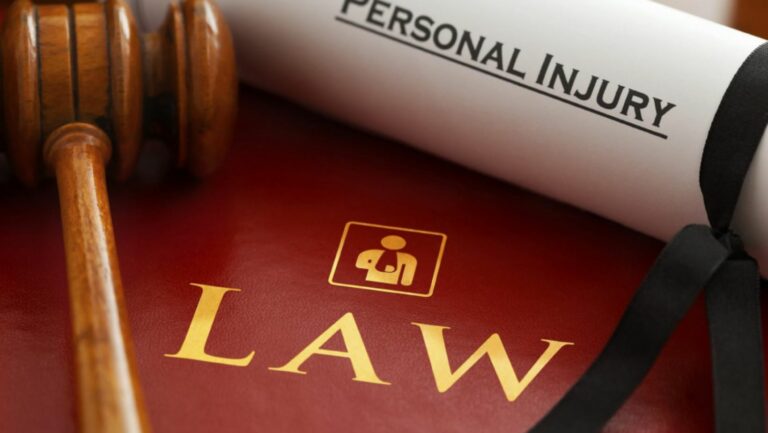The aftermath of an accident can be a whirlwind of physical pain, emotional distress, and financial hardship. Medical bills pile up, lost wages create a burden, and the fight to recover can seem daunting.
Understanding legal concepts like comparative negligence is crucial in securing the compensation you deserve. This article explores the impact of comparative negligence on personal injury claims.
What is Comparative Negligence?
Comparative negligence is a legal doctrine used in most US states that apportions fault between parties involved in an accident. To win a personal injury case based on negligence, you generally need to prove the following elements:
- Duty of care: The defendant owed you a legal duty to act with reasonable care to avoid causing harm.
- Breach of duty: The defendant breached that duty by failing to act with reasonable care under the circumstances.
- Causation: The defendant’s breach of duty caused your injuries. There must be a clear link between the defendant’s actions and your harm.
- Damages: You suffered quantifiable damages as a result of your injuries, such as medical expenses, lost wages, and pain and suffering.
Comparative negligence adds another layer by allowing courts to assign a percentage of fault to both the plaintiff (the injured person) and the defendant (the party responsible for the harm). This assigned percentage of fault directly impacts the amount of compensation the plaintiff receives.
Here’s an example: Imagine you suffer injuries in a car accident that is determined to be 70% the fault of the other driver and 30% your fault. If the total value of your case is $100,000, your comparative negligence share (30%) reduces your compensation to $70,000.
How Does Comparative Negligence Differ from Contributory Negligence?
Comparative negligence stands in contrast to contributory negligence, a legal doctrine used in a handful of states.
Under contributory negligence, if the plaintiff is found even slightly at fault for the accident, they are barred from recovering any compensation. Comparative negligence offers a fairer system by allowing some compensation even if the plaintiff shares some blame.
How Does Comparative Negligence Impact Personal Injury Settlements?
Comparative negligence laws significantly impact personal injury settlements in several ways:
- Reduced Compensation: As explained earlier, your share of fault directly reduces your compensation. A higher percentage of fault assigned to you by the court translates to a smaller settlement.
- Shifting Burden of Proof: While the plaintiff generally has the burden of proving the defendant’s negligence, comparative negligence can shift some of that burden. The defendant might try to prove your actions contributed to the accident, reducing their own liability.
- Settlement Negotiations: Insurance companies representing the defendant will use comparative negligence to their advantage during settlement negotiations. They might argue for a lower settlement based on your alleged role in the accident.
How Can a Lawyer Help?
Comparative negligence laws can create a complex legal landscape for personal injury claims. A skilled personal injury lawyer can be invaluable in navigating this process:
- Establishing the Defendant’s Fault: Your lawyer will work to build a strong case demonstrating the defendant’s negligence and their role in causing the accident.
- Minimizing Your Assigned Fault: Anticipating comparative negligence arguments, your lawyer can counter any attempt by the defendant to shift the blame on you. This might involve gathering evidence that refutes their claims or demonstrates the limited role your actions played in the accident.
- Negotiating a Fair Settlement: With a clear understanding of your case’s value and the comparative negligence laws in your state, your lawyer can negotiate a fair settlement that reflects the full extent of your damages. They will not be pressured by insurance companies to accept a lowball offer.

- Trial Representation: If a fair settlement cannot be reached, your lawyer will confidently represent you in court, presenting evidence and arguing your case before a judge or jury.
Final Thoughts
The financial burden of medical bills and lost wages can be overwhelming. Comparative negligence laws add another layer of complexity to securing the compensation you deserve. A personal injury lawyer can be your champion, ensuring your rights are protected, your voice is heard, and you receive fair compensation for your injuries.





